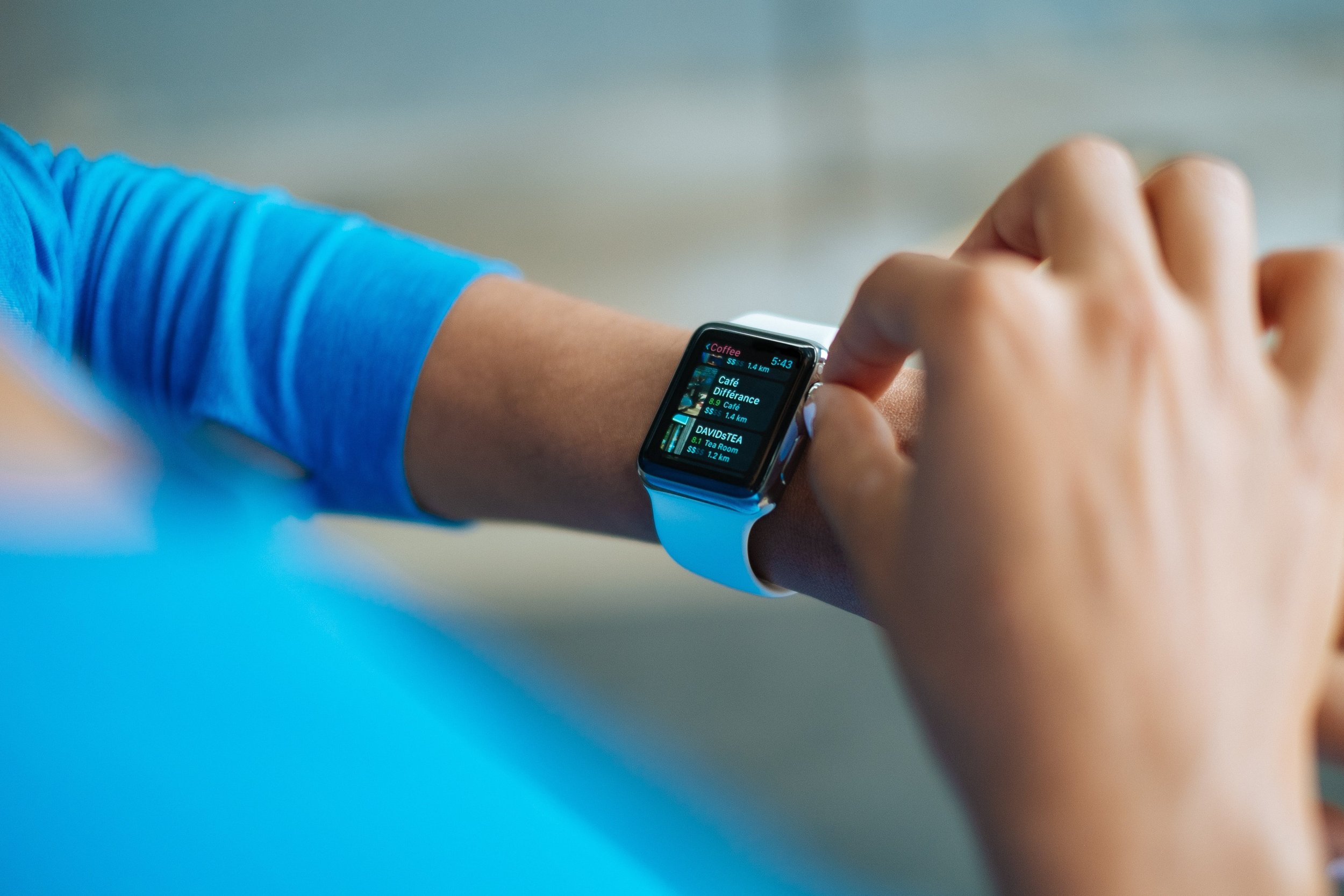Apple Watch Faces Potential Ban in the US Amid Patent Dispute
The Apple Watch, a popular wearable device, is at risk of being banned in the United States due to an ongoing patent dispute with medical device manufacturer Masimo. The dispute revolves around the blood oxygen monitoring technology featured in the Apple Watch, with Masimo claiming that Apple's use of pulse oximetry infringes upon its patented technology.
In October, the US International Trade Commission (ITC) ruled in favour of Masimo, finding Apple violated Masimo's pulse oximeter patent. This ruling could lead to an import ban on specific Apple Watch models, including the Series 9 and Ultra 2. Apple has taken preemptive measures by discontinuing the sales of these particular watch models in the US.
Blood oxygen monitoring, also known as pulse oximetry, is a crucial health metric the Apple Watch measures. It involves using sensors to emit light into the skin, typically through the fingertip or wrist, to measure light absorption by oxygen-rich and oxygen-poor blood. This information helps calculate the oxygen saturation level, expressed as SpO2.
While Apple strongly disagrees with the ITC's ruling and actively challenges it through legal and technical means, the company is preparing for compliance if the ban is enforced. The potential ban could significantly affect Apple's sales and the broader wearable technology market.
The dispute is part of a more significant legal battle between Apple and Masimo, with accusations of patent infringement and claims regarding replicating patented features in competing smartwatch models. The final decision on the Apple Watch ban will depend on the review process and actions taken by both Apple and the US government.
The blood oxygen monitoring technology in the Apple Watch provides users with real-time information about their blood oxygen levels, offering insights into overall health and fitness. The dispute highlights the challenges and complexities in the tech industry related to intellectual property and patent infringement claims.

